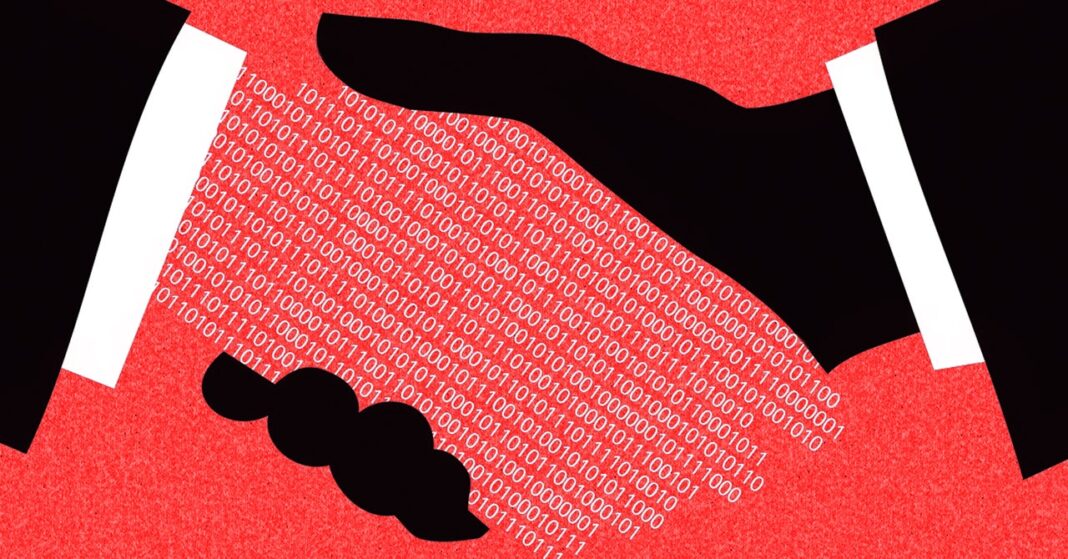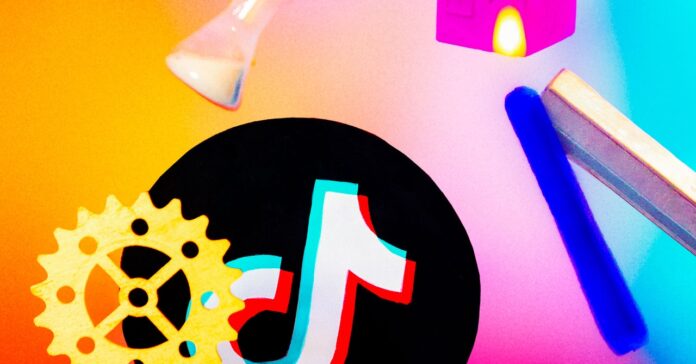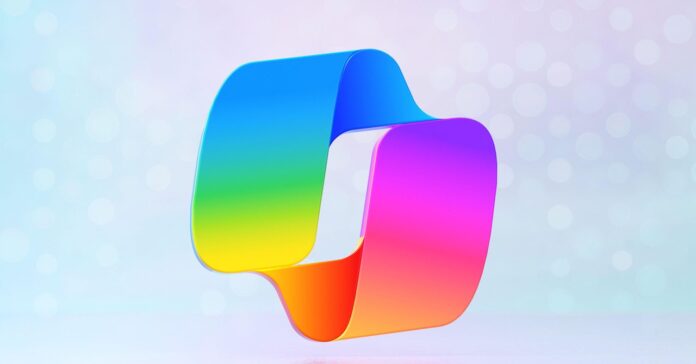In Short:
Calliope Networks has launched a program called “License to Scrape” to help AI companies legally use YouTube content. CEO Dave Davis aims to simplify licensing by negotiating with YouTube creators to allow their videos for AI training. With a goal of collecting 25,000 to 50,000 hours of content, Calliope hopes to attract AI firms and ensure creators earn from their work.
The relationship between AI companies and YouTube has often operated in a grey area, with these companies previously scraping valuable content such as videos, captions, and associated data without authorization. In an effort to formalize this practice, Calliope Networks, an AI-focused content licensing startup, has introduced a program called “License to Scrape,” specifically designed to engage YouTube creators.
The Vision of Calliope Networks
According to Calliope Networks CEO Dave Davis, “There’s obvious demand from AI companies to scrape YouTube content. We see that by their actions. So what we’re trying to do is to create a tool that makes it legal and simple for them.” In contrast to other major social platforms like Reddit, which have established agreements with AI developers, YouTube has not yet engaged in similar transactions. The “License to Scrape” aims to facilitate this process by negotiating blanket licenses with a collective of creators, thus removing the necessity for YouTube to provide a large volume of content directly.
Background and Strategy
Davis, who transitioned from a role at the Motion Picture Licensing Corporation to found Calliope, believes that a shift towards licensed scraping is inevitable within the AI sector. He is not alone in this sentiment; the emergence of AI data licensing startups is currently witnessing significant growth. Calliope Networks is recognized as a founding member of the Datasets Providers Alliance, a trade group advocating for the requirement that all creators and rights holders actively opt into the scraping process.
Operational Model
The operational framework proposed by Davis involves YouTube creators entering agreements with Calliope to license their content. Subsequently, Calliope will sublicense this material for training generative AI foundational models. Initially, a substantial volume of content will be necessary to attract interest from AI companies. Thus, Calliope’s success hinges on garnering the support of YouTubers to build a sufficient content repository. The startup intends to receive a percentage of the licensing fees paid by the AI firms.
Industry Comparisons
While a program of this nature is unprecedented in the AI landscape, Davis has drawn parallels with established practices in the entertainment industry, such as those employed by Broadcast Music Inc. (BMI) and the American Society of Composers, Authors, and Publishers (ASCAP), both of which operate on a blanket licensing model for music.
Future Prospects
Davis acknowledges that the recruitment phase is still in its infancy. He estimates that Calliope will need to acquire a minimum of 25,000 to 50,000 hours of YouTube content to become a credible option for the AI industry. The attainment of such a volume highlights the potential benefits of collaboration among content creators, as the data-intensive nature of video generation necessitates a large dataset.
Initial Engagement and Feedback
Although there are currently no high-profile endorsements for the licensing program, Calliope Networks has begun collaborating with several influencer marketing agencies, including Viral Nation, to attract participants. Bianca Serafini, head of content licensing at Viral Nation, reported positive reactions from creators, expressing confidence that a significant portion of their nearly 900 YouTuber clients will be interested in joining this initiative. She remarked, “No one has presented something like this to us before.”





